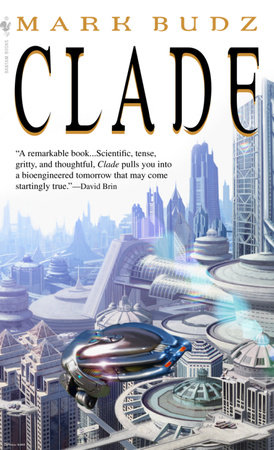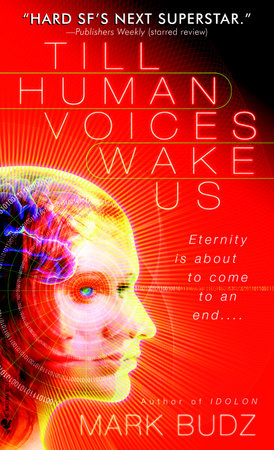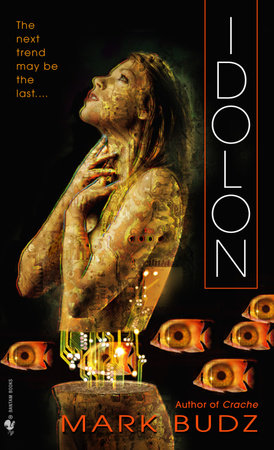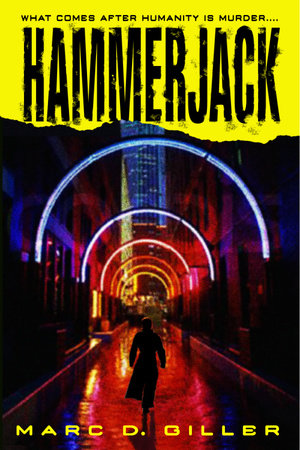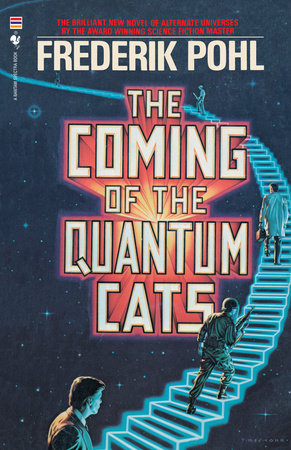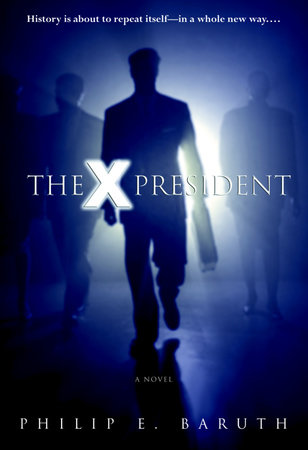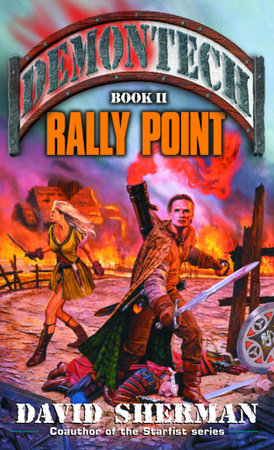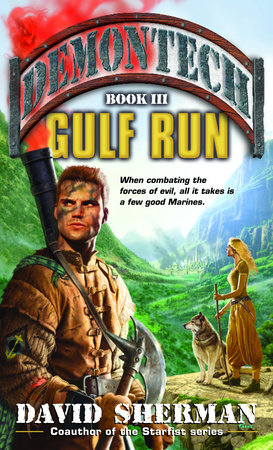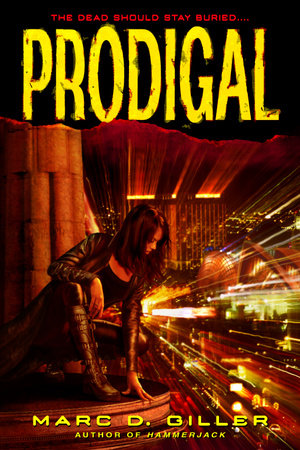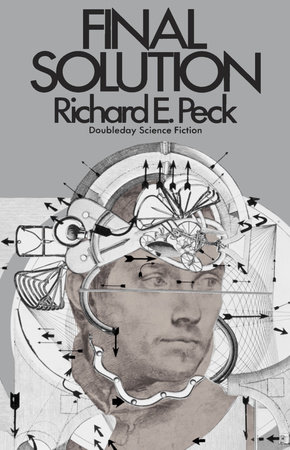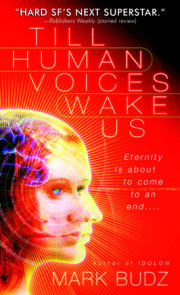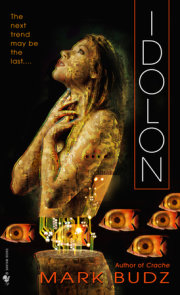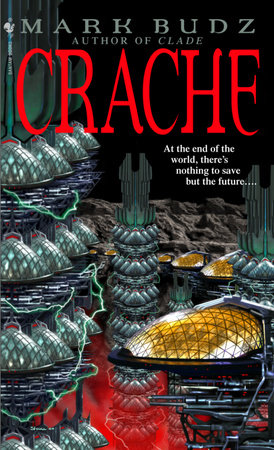Author Q&A
Q: Where did you get the idea for Clade? Was there any particular event or idea that inspired it?
A: I was living two blocks from a field where migrant workers, many of whom were undocumented, picked strawberries. Shopping at the local Albertson’s and hearing only Spanish being spoken in the cereal aisle, I thought about the statistic that in twenty or thirty years, more than fifty percent of the U.S. population will once again be people of color and that I will be a minority in a country where I have always been part of a privileged majority. That was much of the background for Clade—where a lot of the impetus for the novel came from.
Q: So it grew out of living in a community with a relatively high population of immigrants?
A: To a large degree. Basically I was working through issues that a lot of people are going to be grappling with in the coming years—are already grappling with in many parts of the country.
Q: Such as?
A: Social and economic inequality. Political marginalization. Cultural segregation. In the U.S. we like to think that we have a classless society of equals. That’s not true. There are a lot of differences between people that aren’t as visible as ethnic differences, say, but form a large part of our social fabric.
Q: Is that where the idea for Clade came from?
A: Yes. I wondered what it would be like to live in a world where the interaction between different communities and groups of people was biochemically mediated and enforced. In Clade, the catalyst for this struggle is an ecological disaster that makes it possible to implement social engineering at a molecular level.
Q: It doesn’t sound like a world in which most people would want to live.
A: No. I certainly wouldn’t want to. But I think it’s a world worth visiting and thinking about. As cultural demographics shift, not just in the U.S. but around the world, there’s going to be a lot of tension between the haves and have-nots, and people with conflicting value systems.
Q: What role does Rigo, the main character, play in this conflict?
A: He’s a victim. At least at first. As a member of the masses, he’s led to believe that if he jumps through all the right hoops, he’ll be accepted by others and get ahead in life. He’s sold a vision of success that alienates him from himself and encourages him to act and think in ways that are counterproductive to him.
Q: He ends up working for the system instead of making it work for him.
A: It goes back to the idea that if you work hard you will automatically be respected, happy, and so on. For some people, that might be true. But for a lot of hardworking people, it isn’t. It’s a lie.
Q: And yet he manages to keep a sense of humor.
A: A lot of that is just bumbling through things. Trying to find out who he is and how he fits in. It was also me trying to lighten things up and make the book entertaining, a fun read. I didn’t want life to seem totally hopeless.
Q: If you had to come up with a theme for the book, what would it be?
A: Be true to yourself. Don’t let social pressure and expectations of who you should be or what you should do alienate you from yourself and the people you love. It’s only when Rigo stops selling his soul that he stops being taken advantage of and is able to determine his own future.
